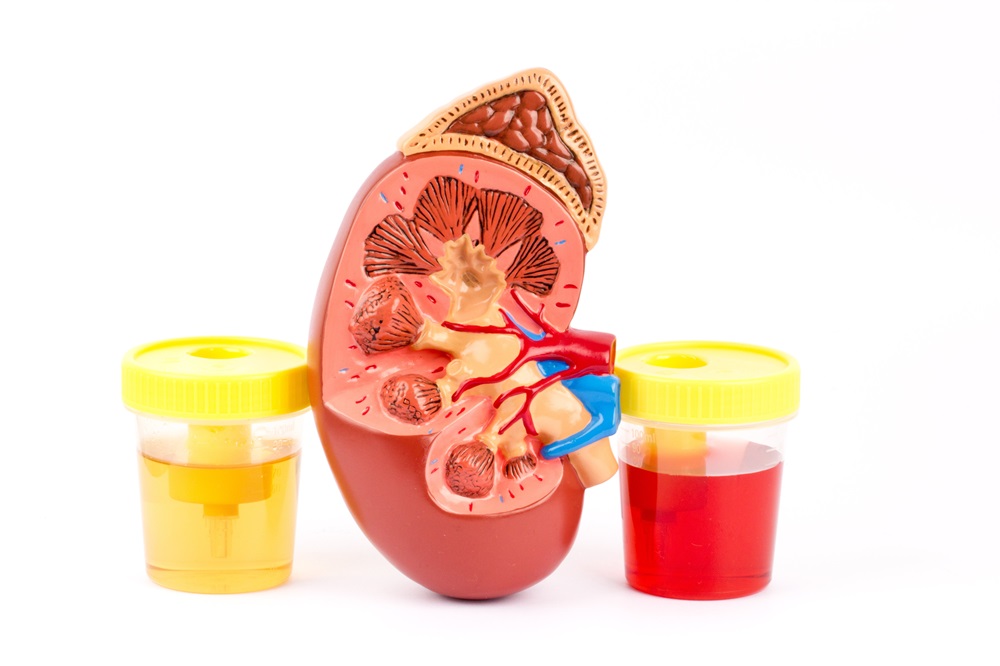What is haematuria?
Haematuria is the presence of any blood in the urine.
This may be visible (macroscopic) or invisible (microscopic) It may only happen once, however it must be investigated to exclude the presence of cancer (bladder, kidney, prostate, ureter).
What are the symptoms of haematuria?
Haematuria may be painless or may be associated with pain in the back or bladder region. There may be associated burning with urination or frequency of urination or fever
How is haematuria investigated?
Haematuria should always be investigated even if only a single episode that clears up quickly. Your GP will arrange a number of investigations which may include:
- Urine tests – to look for infection or cancer cells
- Blood tests – to check kidney function, blood count and clotting problems
- Scans – ultrasound or CT scan to look for the cause of bleeding
What are the treatment options for haematuria?
Treatment of haematuria depends upon thorough investigation and accurate diagnosis of the underlying cause.
Some possible causes for haematuria include:
- Cancer (bladder, kidney, ureter, prostate)
- Infection Stones (kidney, ureteric or bladder)
- BPH (enlarged prostate)
Your family doctor will arrange preliminary investigations and refer accordingly to a Urologist for further evaluation and management. In most cases you will require a flexible cystoscopy to directly visualize the lining of the bladder. This is a very safe and minimally invasive diagnostic day-procedure which can be performed under local anaesthetic or sedation.

